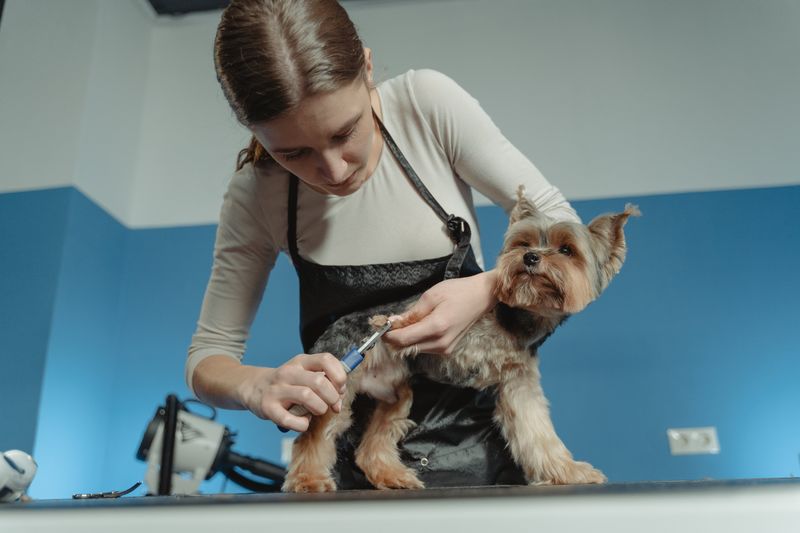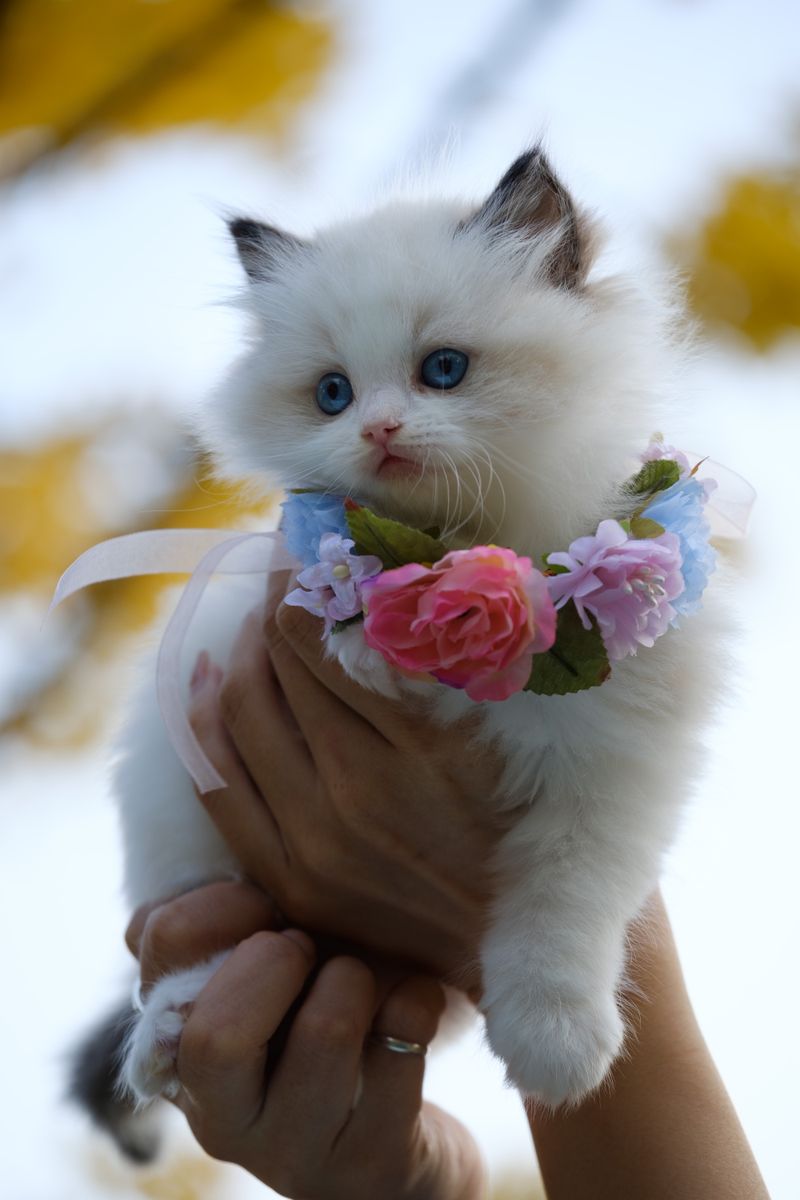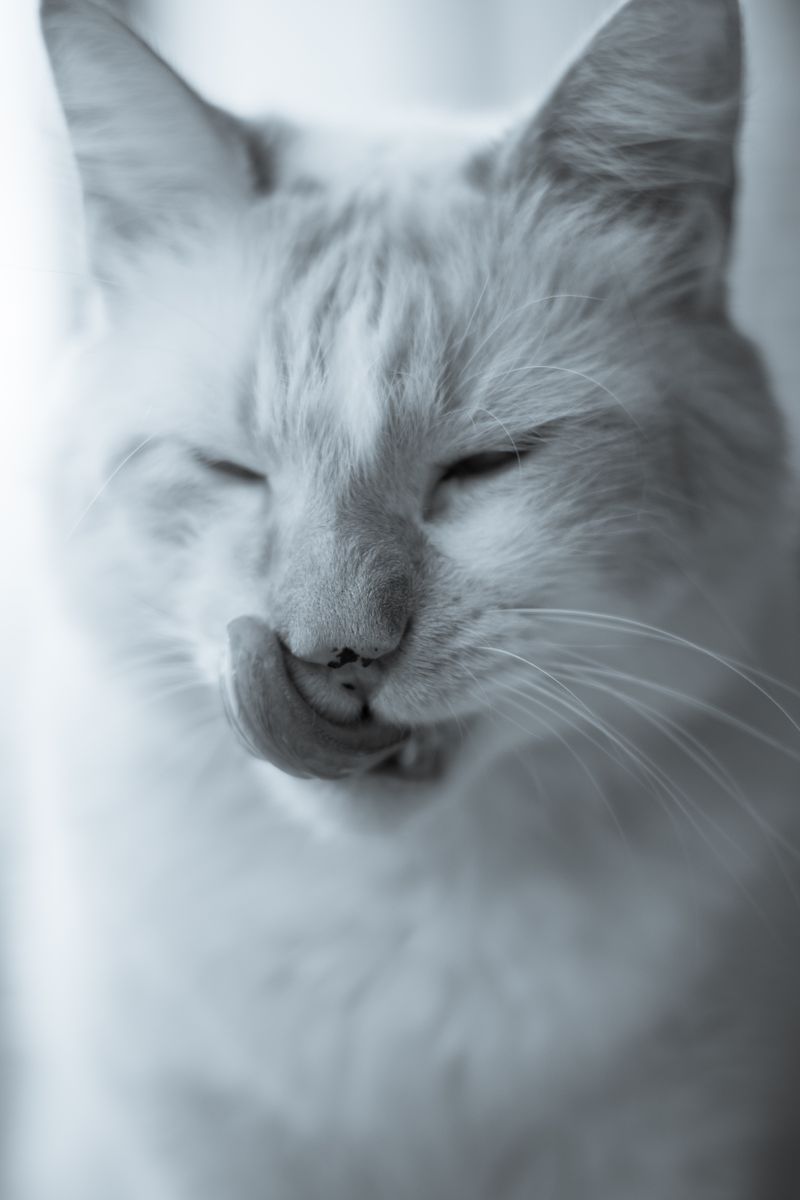貓的荷爾蒙科學 101:獸醫解釋疾病與護理
- 2023/7/14 上午 06:11:52
Cat Hormones 101: Understanding Hormonal Disorders and Care
The Role of Hormones and the Endocrine System
Everyone, including cats, relies on the endocrine system to facilitate communication between different parts and systems of the body. The endocrine system is composed of glands that produce hormones, which are chemical messengers that are sent from one tissue to others to regulate various bodily functions. Some important components of the endocrine system in cats include the pituitary gland, thyroid gland, parathyroid glands, pancreas, adrenal glands, ovaries, and testes.
Important Cat Hormones
Cats have similar hormones to humans, including insulin, T4 (thyroxine), growth hormone, cortisol, progesterone, estrogen, and testosterone. These hormones play critical roles in various bodily functions and are essential for a cat's overall health and well-being.
Cortisol
Cortisol, also known as the stress hormone, is released in response to stress and helps cats generate more energy, regulate blood sugar levels, and reduce inflammation. Cortisol is particularly important for cats as predators and prey, as it enables them to respond quickly to stressors in their environment.
Estrogen
Estrogen is the primary reproductive hormone in female cats. It controls the release of other reproductive hormones, influences the functioning of the female reproductive organs, and regulates various stages of a cat's life, such as puberty.
Progesterone
Progesterone is a hormone primarily associated with pregnancy in female cats. It instructs the uterus to prepare for pregnancy, helps maintain the pregnancy, and signals the mammary glands to prepare for lactation, allowing newborn kittens to nurse.
Testosterone
Testosterone is a crucial reproductive hormone in male cats. It governs the development of male reproductive organs and physical characteristics.
Common Hormone Disorders in Cats and their Treatment
Several hormone disorders can affect cats, and early recognition and treatment are essential for a cat's well-being. Here are some of the most common endocrine disorders in cats and their respective treatments:
Diabetes
Diabetes mellitus occurs when the body fails to produce enough insulin or when the cells of the body become resistant to insulin. Insulin is responsible for regulating blood sugar levels by directing cells to take in sugar from the blood for energy. Common signs of diabetes in cats include loss of appetite, vomiting, lethargy, increased drinking and urination. Treatment typically involves daily insulin injections, dietary changes, and weight management.
Hyperthyroidism
Hyperthyroidism in cats is often caused by a benign tumor in the thyroid gland, resulting in the overproduction of thyroxine. Thyroid hormones control metabolism, and excessive levels can lead to weight loss, increased energy, increased drinking and urination, rapid heart rate, and an increased appetite coupled with weight loss. Diagnosis is usually made through a blood test showing elevated thyroxine levels. Treatment options include medication to block thyroid hormone production or radiation treatment to target the tumor specifically.
Feline Acromegaly
Feline acromegaly is characterized by tumors in the pituitary gland, leading to the overproduction of growth hormones. Affected cats may experience rapid weight gain, enlargement of the skull, muscles, and organs, as well as insulin resistance and uncontrolled diabetes. While treatment options exist, such as medication, radiation therapy, or surgery, they mainly focus on managing symptoms. The long-term prognosis for cats with acromegaly is generally poor, often resulting in heart disease and heart failure.
Conclusion
Understanding how hormones function in a cat's body is crucial for identifying and addressing hormone-related disorders. Monitoring any changes in behavior or physical health and promptly consulting a veterinarian are essential for early detection and treatment. By staying informed and vigilant, cat owners can ensure their pets receive the care they need for a healthy and fulfilling life.

<< photo by Alex Paz >>
該圖片僅供說明,非實際案例圖片。











